My Top 5 Books of 2024
I read 81 books in 2024. Here are my 5 favorites and some takeaways from reading too many books in one year.
The List
5. A Man Called Ove by Fredrik Backman
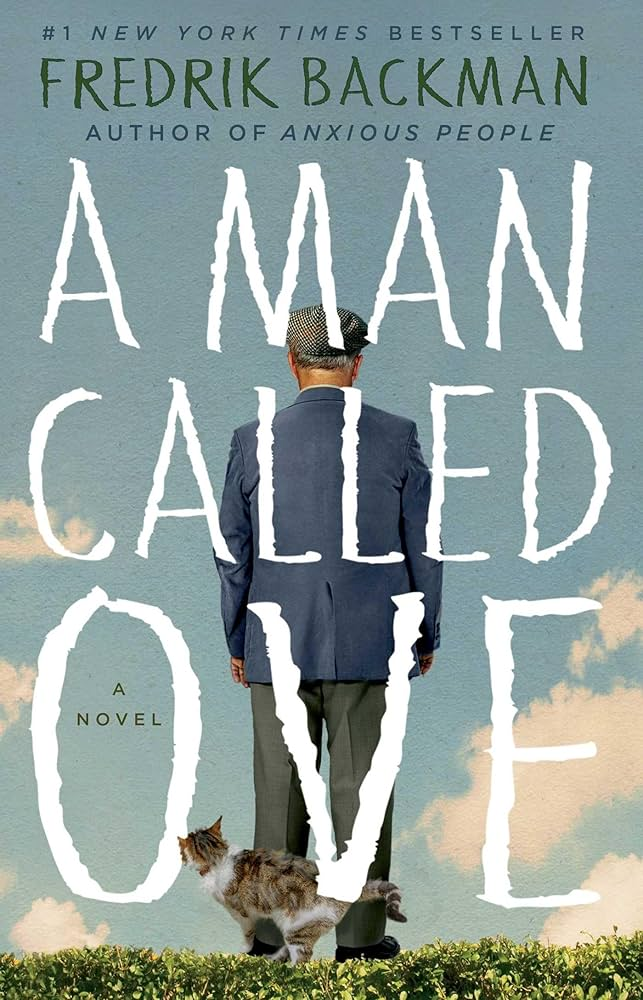
Fredrik Backman’s most popular novel follows Ove, a grumpy old man, after the death of his wife. This piece of literary fiction touches on grief and love: how we live after the world ends & how we love after the world ends.
In isolation, many of the chapters read as clichéd, but together they form a nuanced whole. There are little details that the narrator points out at the beginning of the book which seem like odd quirks of a grumpy old man, but later in the book, you start to realize why Ove’s world has ended. Although at some points the writing is simple and somewhat mediocre, verging on weak, I think Backman does a fantastic job rewriting a common trope.
At the end of the book, I cared for Ove and felt a bit of his pain—an experience I usually don’t have when reading fiction. For a heartbreaking and heartwarming read, I recommend this book.
4. Why We Sleep by Matthew Walker

Everyone should read this for the sake of their health.
The book is organized into four parts: what sleep is, why we sleep, why we dream, and how to sleep better. This sounded completely boring to me, but I learned a lot of fun—and potentially life-saving—facts throughout. (For example, if you are awake for more than 16 consecutive hours, you become as mentally impaired as someone drunk.)
More importantly, this book dispelled common sleeping myths I believed (turning up the music and freezing yourself during late night drives doesn’t alleviate tiredness) and taught me just how important good sleep is. Surprisingly too: we should nap daily in the early afternoon to reduce our chances of heart disease and other illnesses.
There is a reason Matthew Walker is renowned as the sleep expert. However, he leaves no trace of ego in this book. When there is no scientific evidence for something, he says we don’t know. When there is, he gives you more than enough—and sometimes too much jargon-filled technicalities.
3. Invisible Women by Caroline Criado Pérez

In the introduction, Criado Pérez uses data to declare the world is designed for men. I thought I was a feminist, but if this is what feminism truly believes, then maybe I’m not.
But the book completely convinced me otherwise. Like Why We Sleep, Invisible Women changed my worldview. From discussing public transportation to police armor, Criado Pérez makes a mostly compelling case about who the world is designed for and how it impacts women. There are so many fun facts littered throughout the book and many ideas I would’ve never considered. In addition, due to this book alone, I have been mostly convinced that diversity for the sake of diversity is good.
However I had a few critiques:
- Although this book is about data, at points I thought I was reading a scientific paper. Thankfully, most of the book aptly inserts insightful analysis to avoid this issue.
- Criado-Pérez advocates for sex-aggregated data as a solution to the sex data gap. However, for a book that’s trying to be inclusive of based on gender, including stats about people not within the gender binary would be good. (Diversity for the sake of diversity.)
- Criado-Pérez relies on averages to analyze data, but not everyone is the average, assuming an person with average attributes can exist. Also, some analysis assumes that those not within a certain range of the average are irrelevant because there are so few of them. This seems like a harmful leap to make considering point 2—and it’s generally just good to not imagine certain populations out of the picture.
2. The Remains of the Day by Kazuo Ishiguro
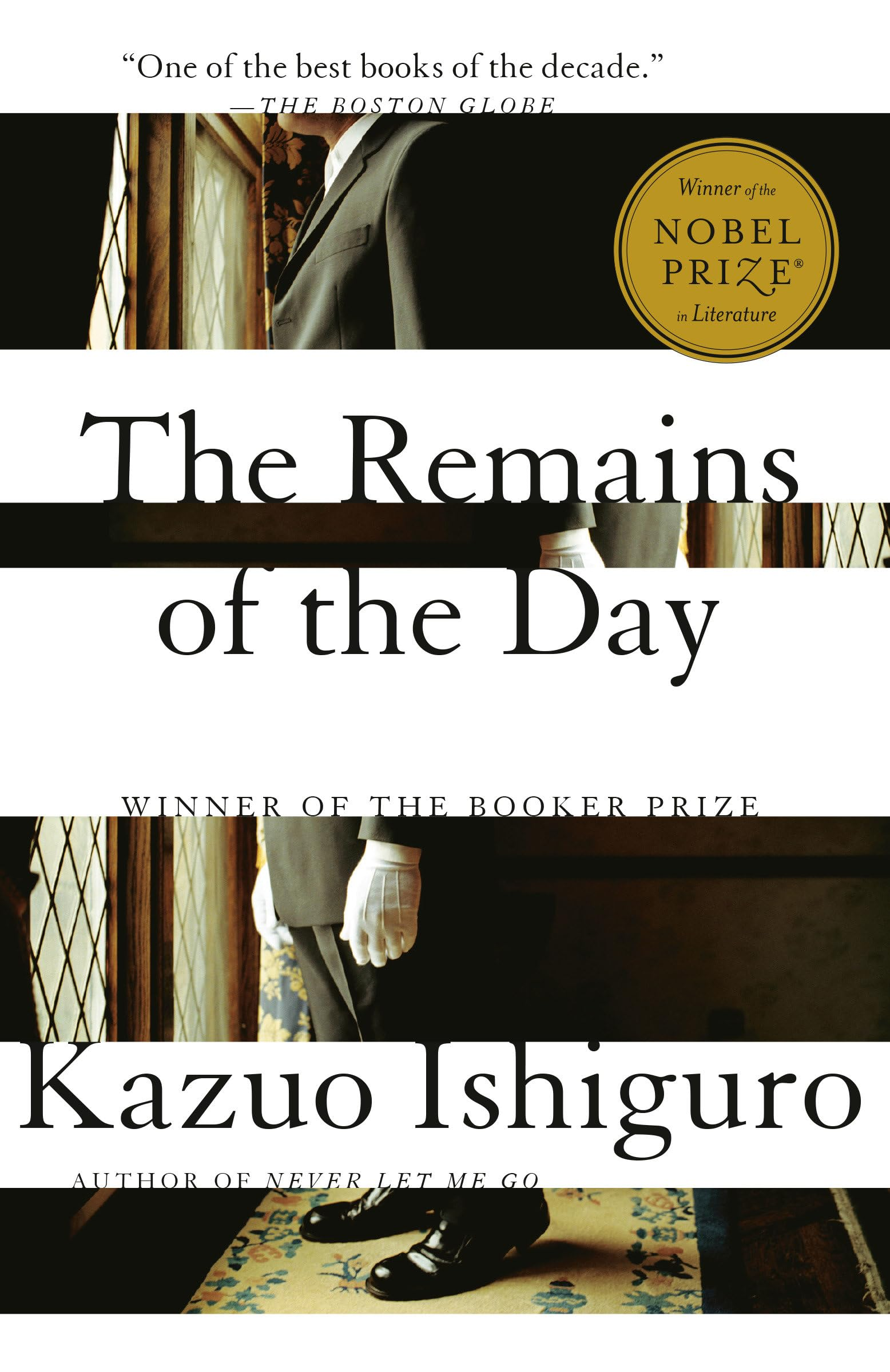
An English butler goes on a road trip and ponders what constitutes a “great butler.” This book is about choices: how we balance fulfilling our desires and fulfilling our duties. Although the premise seems boring—to me at least—I think Ishiguro touches on a fairly universal topic. I’m being vague since Ishiguro’s books are better enjoyed without knowing anything at all.
A hallmark of an Ishiguro book is a narrator who writes with imperfect memory, jumping from event to event and sometimes having to correct themself. I found this type of writing style to be especially persuasive in delivering and answering the butler’s question. The chapters read like a pretentious journal.
The pretension takes a bit to get used to, but I believe the choice of a slightly ornate voice fits the character and betrays more of the butler’s personality. Ishiguro’s narrators aren’t always pretentious in his other books, so if you like this one but were put off by the lexicon, don’t worry! I must add, epexegetically, that the rest of his oeuvre eschew such elevated, grandiloquent narrative voices.
1. Know My Name by Chanel Miller

This is Chanel Miller’s story of surviving rape and her attempt at litigation.
Know My Name was a difficult read. I had to occasionally pause because of Miller’s story and, most impressively, the depth in which she communicates it. A Little Life by Hanya Yanagihara was hard to read, but not nearly as much as this was.
But it was worth it in every way. Miller allayed any doubts about siding with rape victims as the default. She detailed just how gruesome the court proceedings are in addition to other attempts at healing. She showed grace in depicting every human in the book as human, each with propensities for good and evil. She was uncompromising in describing her erratic and severe healing journey, her fights with her family and boyfriend, her desire to isolate and forget it all.
Miller’s memoir is hauntingly raw. It moved me in ways literature never has, and it couldn’t have done so without good writing. It’s impressive how measured the structure of this book was. Through her writing, you can tell she knows she has to prove herself for her reader, and I believe she did entirely and with cogency.
If you can, listen to her narration of the book while you read. It makes for a much more poignant reading experience than the ink alone.
If you don’t want to read the entire book, watch her victim impact statement from 60 Minutes.
The Takeaways
Nonfiction Dominance
A lot of this year’s reading came from listening to nonfiction audiobooks on Libby while I was walking. I stuck to nonfiction since many fictional books require more attention than nonfiction.
I mostly listened to memoirs and improvement-esque books like Why We Sleep by Matthew Walker. However, for 2025, I want to read more history. High school taught me to hate it, but I’ve found some historical depictions in my 2024 books interesting.
Anti-Prize & Anti-Contemporary Fiction
I find contemporary fiction to be a hard genre to enjoy because the books haven’t stood the test of time. Granted, not all good books will—some are very influential only for their era. However, most of the contemporary fiction I read in 2024 was disappointing, even when they were highly lauded or award-winning.
At the end of 2024, I read the 2024 Booker Prize-winning Orbital by Samantha Harvey. It was horribly verbose and lacked any genuine profundity, yet it won perhaps the most prestigious fiction prize for the English language.
I also read Caste, written by Isabel Wilkerson who won the 1994 Pulitzer Prize for journalism. I found Caste’s political theory to be entirely unconvincing and disorganized.
Combined with my disillusion from reading popular contemporary authors such as Sally Rooney and Claire Keegan, I am now reluctant to read prize winners solely for their prize-winning status and contemporary fiction is too much of a gamble.
In 2025, I want to focus on reading Western and European classics.
2025 Reading List
The takeaways gave me this reading list. Unlike my top 5 books of 2024, this list is in no particular order.
- Anna Karenina by Leo Tolstoy
- This was supposed to be my long book of 2024, but I was preoccupied with reading as many books as possible. This year, it’s time to tackle what many consider the magnum opus of prose.
- Beloved by Toni Morrison
- I’ve wanted to read Toni Morrison for a while after discovering her reputation and her being the founder the creative writing program at Princeton. Serendipitously, Beloved is on the reading list for a law and literature class I’m taking this spring.
- Everything Is Tuberculosis by John Green
- I’m a John Green fan but not a John Green fiction fan. Thankfully, his 2025 book is nonfiction and historical!
- Nicomachean Ethics by Aristotle
- One of the centerpieces in the moral philosophy canon. Also covered in my philosophy class this spring.
- Lolita by Vladimir Nabokov
- I tried reading this in the fall of 2023 but I was too busy to peruse it. The few pages I did read were the most beautiful pages of writing I’ve seen. This year, I want to read something I can declare has beautiful writing.
No spam, no sharing to third party. Only you and me.
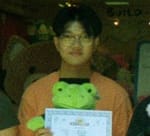
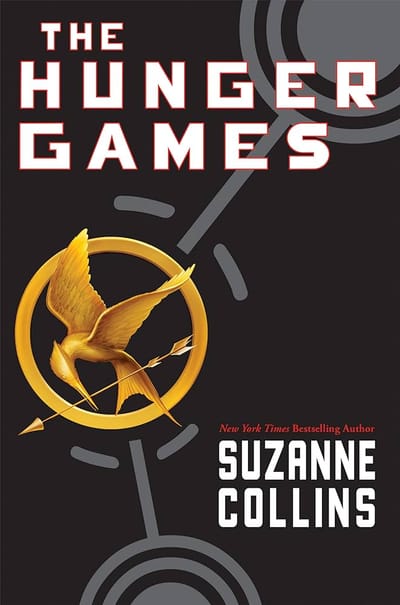
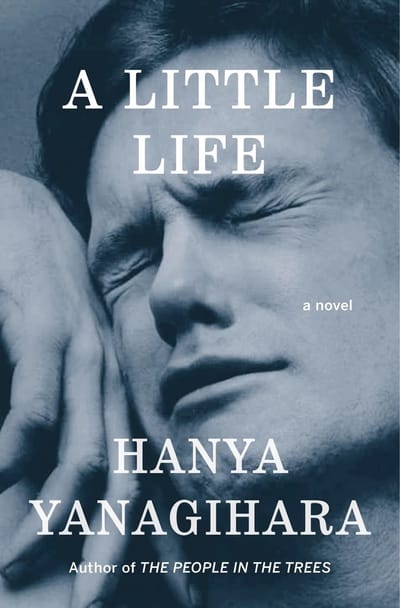
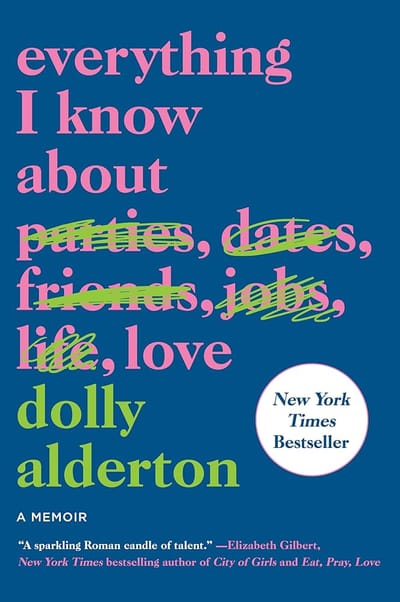
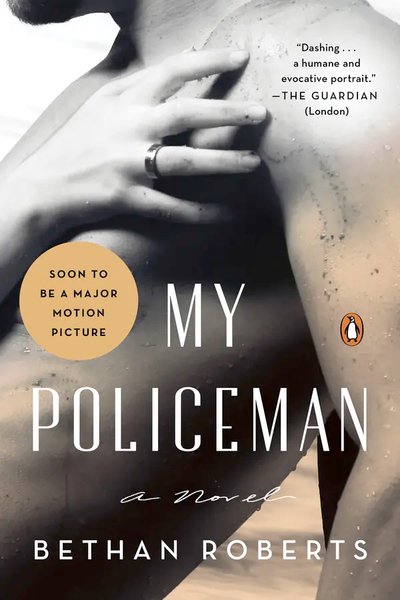
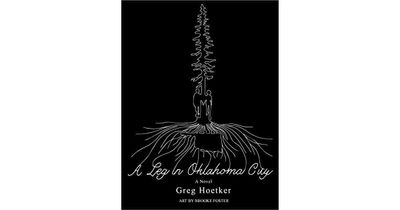
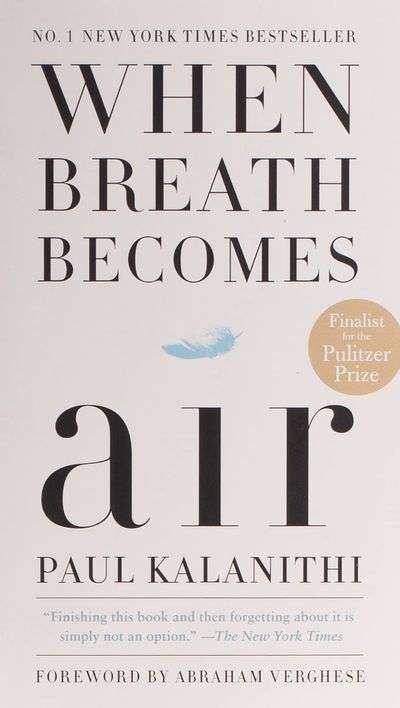
Member discussion